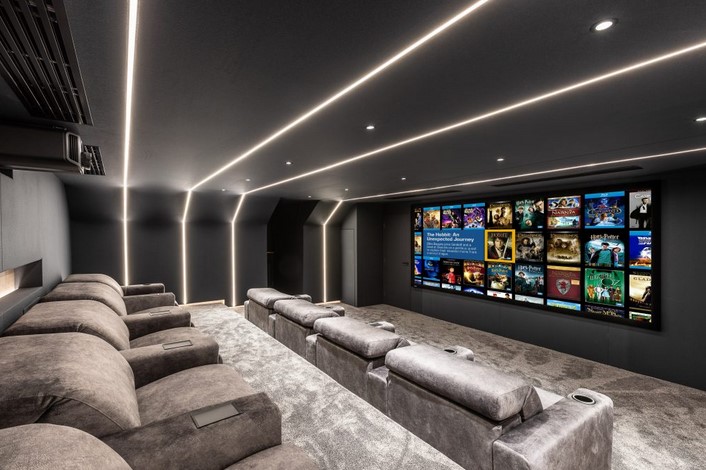
For many movie lovers, creating the ultimate home theater experience is about more than just a large screen and surround sound speakers. The true magic of a cinematic environment comes from immersing yourself in the movie without any distractions from the outside world or disturbances within the home. This is where home theater soundproofing plays a crucial role. By effectively isolating sound within the theater room, soundproofing allows for a richer, clearer audio experience while also preventing sound from escaping to the rest of the house, keeping everyone else undisturbed. In this article, we’ll explore the importance of soundproofing in your home theater, the benefits it provides, and the best methods to achieve a quiet, immersive, and professional-quality viewing experience.
Why Home Theater Soundproofing Matters
The effectiveness of a home theater system is often limited by how sound behaves in the room. Whether it’s the booming bass from an action scene or the subtle whisper of dialogue, every sound can be altered by the acoustics of your space. Home theater soundproofing enhances the overall audio experience by controlling how sound travels in and out of your theater, ensuring that you’re getting the best possible sound quality without distractions.
1. Preventing Outside Noise
One of the primary reasons for soundproofing a home theater is to block out unwanted outside noise. Imagine watching an intense scene in your favorite movie, only to be distracted by sounds like traffic, barking dogs, or noisy neighbors. Soundproofing ensures that external noise is blocked out, allowing you to fully immerse yourself in the film without interruptions.
- Control External Sounds: Soundproofing materials act as barriers that block noise from entering the room, making sure that your viewing experience is uninterrupted.
- Increased Privacy: You won’t have to worry about disturbing others in your home, as soundproofing helps prevent noise leakage.
2. Enhancing Audio Quality
In addition to blocking outside noise, home theater soundproofing plays a vital role in improving the audio quality of your system. Soundproofing materials help to reduce sound reflections and echoes, ensuring that the sound produced by your speakers is clear and precise. This is essential for creating an immersive, high-fidelity audio experience that makes you feel like you’re in the middle of the action.
- Improved Acoustics: Proper soundproofing allows for optimal acoustics by reducing sound reflections from walls, ceilings, and floors.
- Balanced Sound: By controlling the acoustics of the room, soundproofing ensures that high and low frequencies are properly balanced, providing a more accurate and enjoyable listening experience.
3. Reducing Sound Leakage
Another major concern with home theaters is the sound that leaks out to other rooms. If you live in an apartment, a shared wall home, or a multi-story house, you may be worried about your loud movie nights disturbing others. Soundproofing can prevent the escape of loud noises such as booming explosions or deep bass sounds from reaching other parts of the house.
- No More Complaints: Whether it’s from family members, neighbors, or housemates, soundproofing prevents complaints about noise coming from your home theater.
- Better Enjoyment: You can enjoy your movie or music without worrying about disturbing anyone else, making it more likely that you’ll use your home theater more often.
Key Techniques for Home Theater Soundproofing
Now that we understand the importance of home theater soundproofing, let’s dive into the specific techniques you can use to soundproof your space effectively. There are a variety of methods, ranging from simple DIY solutions to more advanced, professional-grade options. Here’s an overview of the most common approaches:
1. Wall Insulation and Soundproofing Panels
The walls of your home theater room are one of the most important areas to address when soundproofing. Walls are the primary barriers that separate your home theater from the rest of the house, and sound can easily travel through thin or poorly insulated walls. To combat this, you can add soundproofing panels, which are designed to absorb sound and reduce noise transmission.
- Acoustic Panels: These panels are made from sound-absorbing materials like foam, fabric, or fiberglass. They help to reduce sound reflections and echoes within the room, improving the overall acoustic environment.
- Mass-Loaded Vinyl (MLV): MLV is a dense material that can be applied to walls or ceilings to block sound from passing through. When combined with other methods like insulation, it can be highly effective at preventing sound leakage.
2. Ceiling Soundproofing
The ceiling is another area that requires attention in home theater soundproofing, particularly if you’re installing a system with powerful subwoofers or speakers. Sounds from your theater can easily travel through the ceiling, disturbing rooms above or neighbors living in apartments above. Installing soundproofing materials on the ceiling helps reduce sound transmission both into and out of the room.
- Acoustic Ceiling Tiles: These tiles are designed to absorb sound and reduce the amount of noise that escapes the room. They can be installed over the existing ceiling to improve the acoustics of the space.
- Decoupling Techniques: For more advanced soundproofing, decoupling the ceiling by installing resilient channels or sound isolation clips can help prevent sound vibrations from traveling through the structure of the building.
3. Floor Soundproofing
Flooring is an often overlooked part of soundproofing but plays a crucial role in controlling sound transmission. If your home theater is located on a second or third floor, sound can travel down to lower floors, disturbing others in the house. Similarly, noise from the floors above can impact your viewing experience.
- Carpet and Padding: Installing thick carpets and soundproof padding under your flooring can help absorb sound and prevent it from bouncing around the room.
- Floating Floors: For a more comprehensive solution, consider installing floating floors that are isolated from the subfloor using soundproofing materials like foam underlayments. This helps reduce the transmission of sound through the floor and into other parts of the house.
4. Sealing Gaps and Cracks
Even the smallest gaps in your home theater room can let sound escape. To achieve effective home theater soundproofing, it’s essential to seal any cracks or gaps around doors, windows, and vents. Sound can easily travel through these openings, reducing the overall effectiveness of your soundproofing efforts.
- Acoustic Caulk: Acoustic caulk is a special type of sealant designed to fill gaps and cracks while preventing sound from leaking through. Apply it around door frames, window edges, and baseboards for maximum soundproofing.
- Door Sweeps and Seals: Ensure that doors to your theater room are fitted with tight seals and sweeps to prevent sound from escaping underneath or around the edges.
Home theater soundproofing is an essential investment for anyone who wants to create a truly immersive and uninterrupted viewing experience. By reducing external noise, improving audio quality, and preventing sound leakage, soundproofing helps to ensure that your home theater delivers the best possible audio and visual experience. Whether you’re a movie enthusiast, music lover, or simply enjoy high-quality sound, implementing soundproofing techniques will elevate your home theater to the next level. From wall and ceiling insulation to gap sealing and acoustic treatments, the right soundproofing methods will ensure that your home theater remains a private, peaceful, and enjoyable space for years to come.



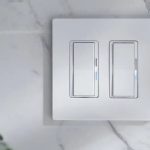




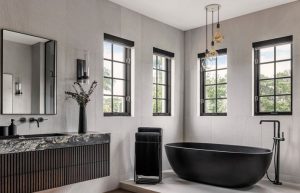


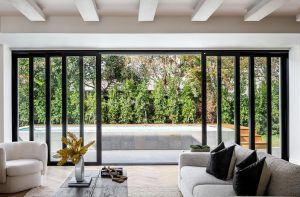

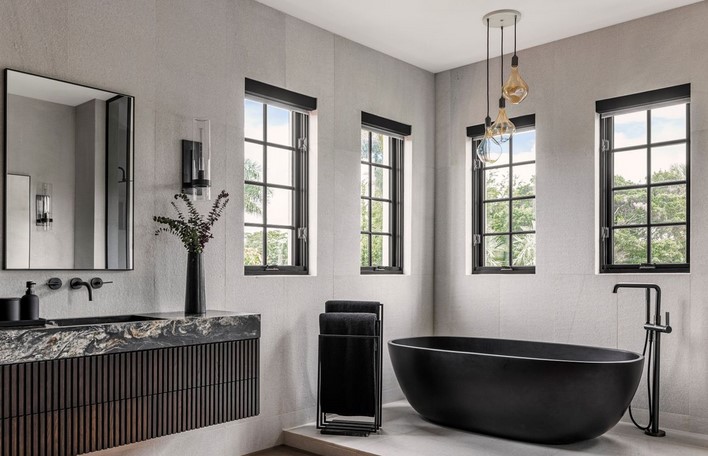

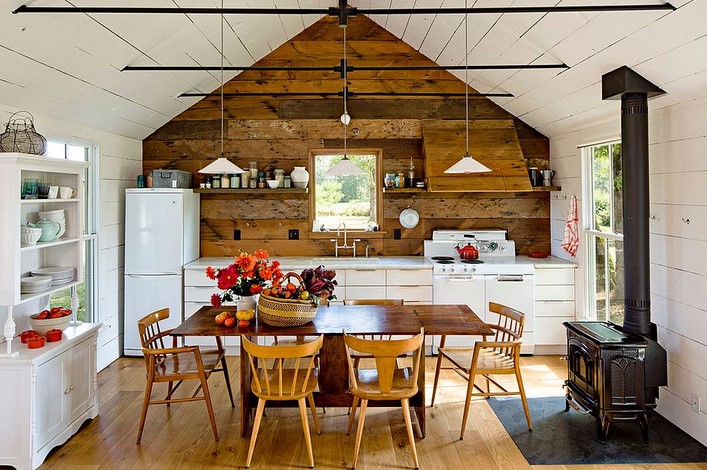
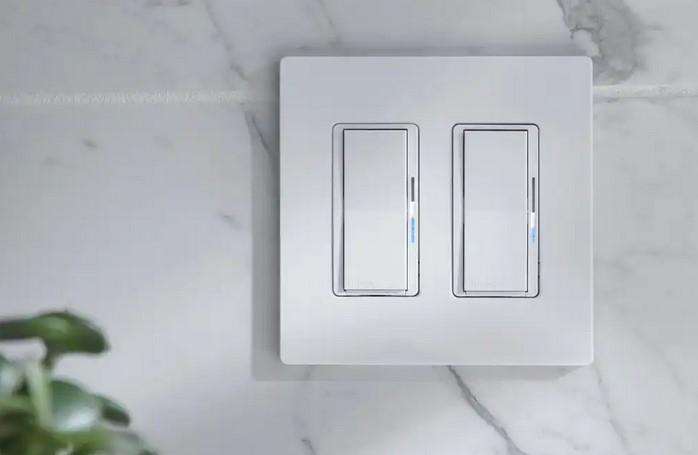
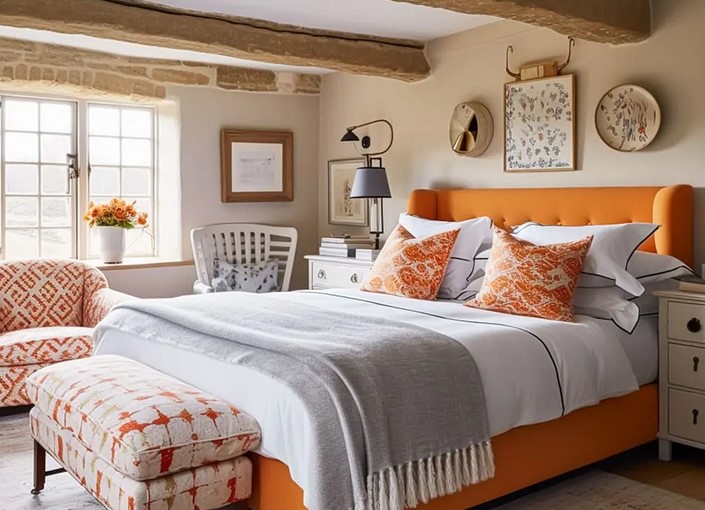
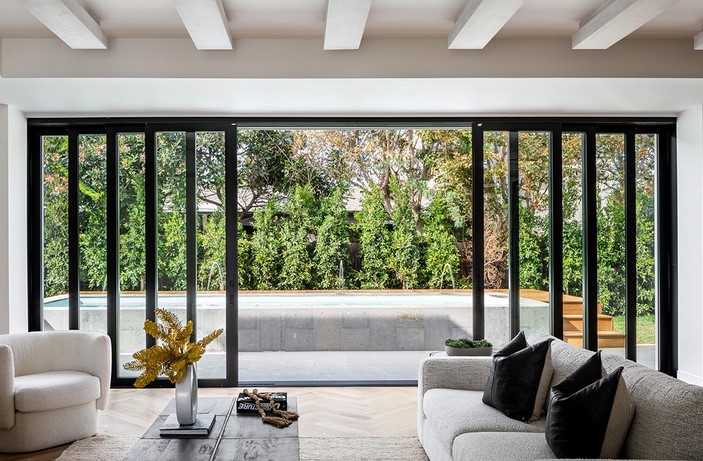
+ There are no comments
Add yours